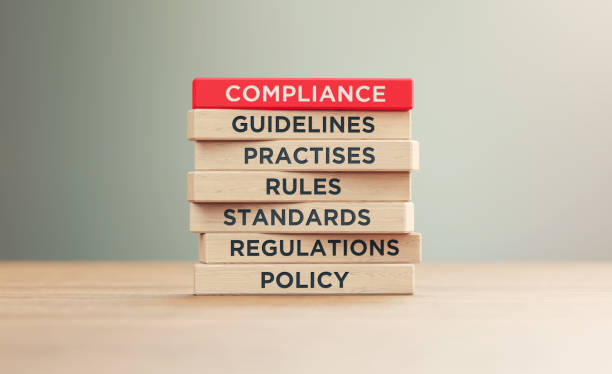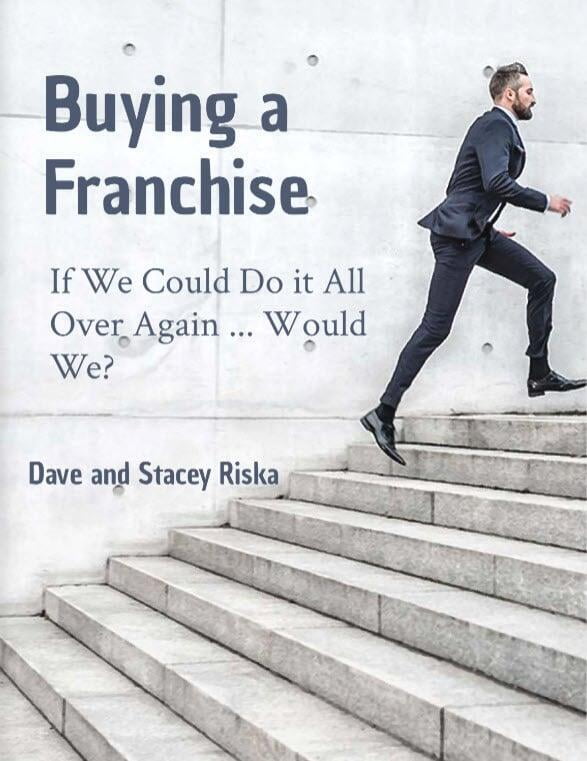
Many people who acquire a franchise want to know if they can be kicked out of that franchise. If you are one of them you are going to want to read Item 15 of the Franchise Disclosure Document (FDD) closely.
We are continuing on with the Franchise Disclosure Document where we've been walking through all the Items of the FFD. Now we are going to review Item 15. We highly encourage you to go back and look at some of the previous posts from the prior items. A lot of them are sequential and this is kind of one of those ones where they talk about it and mention pieces of it in other items previously.
Item 15 has to do with your obligations in the participation of the franchise itself. In this particular item, there are multiple pieces as far as what the requirements are for you and what you should be doing as a franchisee.
Ownership Type
There are three types of business ownership and that really ties into this particular item. The question is are you going to be an owner-operator, semi-absentee, or a passive income-based business? Sometimes candidates will come to us and they're leaning more towards the second two, semi-absentee or passive and they believe they're just going to get this business and they're not going to have to be involved in it. Well, Item 15 is going to very much delineate what, if any, ongoing day-to-day involvement you as the franchisee has to keep that business going.
So basically the structure and do you have to be involved in the day-to-day or can you be semi-absentee or passive? That's really what Item 15 is laying out here.
Training and Support
The second section is more around training and support. To caveat it’s not just the training and support of the owner of the franchise itself, but could also spell out any training that would be needed if that owner decides to hire a manager to run the operations.
You might be able to bring a manager on board, but this sub-item is going to delineate any required training, and how that training happens, whether it's live or in person. They may also give you some delineation on the types of support that you're going to get. In some of the franchises we work with, they have very extensive training, very specific training schedules and benchmarks that must be met in order for a manager to stay in place to run those day-to-day operations.
Restrictions on Delegation
The third section of Item 15 generally outlines restrictions on delegation. This will probably have to do with delegation to employees and/or third parties.
So you may be coming into this franchise business and thinking, I'm going to outsource my accounting work. I'm gonna hire my own bookkeeper, I'm gonna hire my own marketing firm to do my local marketing. Maybe that's okay, but maybe it's not. There are some franchises that mandate that you use their back-office support for accounting or marketing or other types of service and support. So you really need to read this subsection and understand what you can quote unquote delegate and what you may not be able to.
Performance Standards
The fourth part of this is performance standards which are usually spelled out more as minimum requirements in some areas that you must maintain to maintain good status as a franchisee.
We know a lot of franchises, and probably most of them, they're going to assign you a business coach. Somebody who works with you and helps you get onboarded and up and going and to help ensure your business grows. As you're going forward in your franchise you're probably going to have regular visits. In a lot of franchises, they're quarterly and they may come out and do an audit or a business review and ensure ultimately that your franchise remains in compliance.
You will need to understand what you need to do as a franchisee to stay in compliance. These are those performance standards. Maybe there's training that has to be done. Maybe there are sales goals that have to be met. Customer service levels to maintain. Many franchisees are really focused on the customer experience and they look at reputation management or the reviews. If you have like a 1.0 in online reviews that may be a route for termination or default and you're probably not meeting performance standards. So this item you need to pay attention to because it's a reason you could be out of compliance and potentially be in default of your franchise agreement.
A common practice for many franchisors is to have a mystery shopper come out and kick the tires on your organization to figure out if you're following the process, the system, and so on and so forth. This is generally something that's a pretty standard practice in a lot of different franchises that are out there today.
Consequences and Non-compliance
So finally, the last part of this item really deals with consequences and non-compliance. This is really what happens if you were to be in violation of one of the previous four. What does that look like?
Now we know you would never intentionally be in non-compliance. You're going into this business because you want to be compliant (follow the system). You want to be a successful franchisee, but you can't come back later and say, well, I didn't know I could or couldn't do this. Pay close attention to this item and this sub-item which is what happens if you're non-compliant because every franchise system might be different. Some may send you a letter and give you the right to bring whatever is out of compliance, back into compliance and outline what that entails in the timeline. Depending on how big of the breach you might be in immediate default. Let's say your store is closed for a period, and you just decide, I'm going on vacation. I don't have a manager to open, I'm just going re-open when I get back from vacation (which might now be permanent). Well, you could literally be in default or potentially terminated immediately. A big breach such as this would be outlined here in this item. It would very specifically say what that franchisor could do and if maybe we have some time or rights to get back into compliance. But again, if it's big enough of a breach, they can terminate you. So please pay attention to this section.
This is obviously an important section here, so be familiar with this. Make sure you understand what the non-compliance process looks like so that if it does happen to you, you at least have some expectations of what you're going to need to do to get back in compliance and the timeline that you're going to be required to do that.
Once again, in evaluating franchises, we highly recommend you seek the advice of a franchise attorney to assist you in fully understanding the legal implications of the Franchise Disclosure Document. If you have any questions on franchises or the franchise evaluation process please feel free to reach out to us.
What's Your Next? - Podcast
 | Author BioI’m Stacey Riska aka “Small Business Stacey”, your franchise placement specialist. I help aspiring business owners find the PERFECT franchise so they can get to the next level in life and business. |


